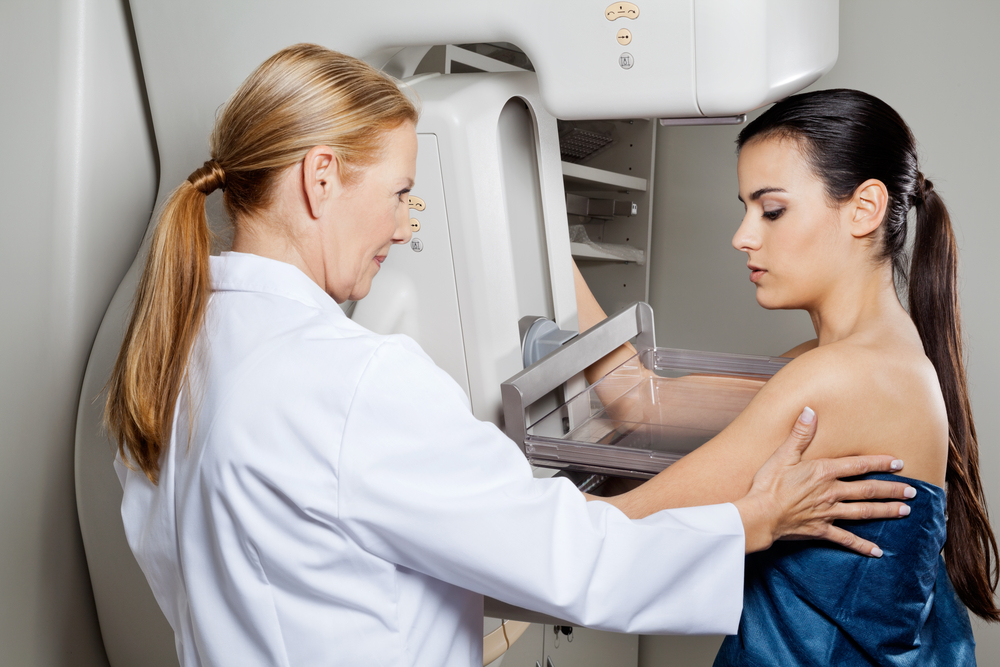MS Does Not Raise a Women’s Risk of Breast Cancer, Study Concludes
Written by |

Multiple sclerosis (MS), especially in premenopausal women, does not seem to be associated with breast cancer, as suggested in previous studies, researchers reported. And, they argue, the higher incidences of this cancer in postmenopausal women with MS may be due more to surveillance bias than true risk.
These findings were detailed in the study, “Risk of Premenopausal and Postmenopausal Breast Cancer among Multiple Sclerosis Patients,” published in the journal PLoS One.
The overall risk for cancer in MS patients is generally thought to be lower than in people without this disease, but the risk for certain cancers — like bladder cancer — is known to be higher. But research into a possible link between MS and breast cancer has yielded inconsistent results, and such an association is simply not considered as established or clear.
To investigate this risk in premenopausal and postmenopausal women, researchers evaluated data from 19,330 MS patients, included in the Swedish Patient Register between 1968 and 2012, and individually matched with 10 non-MS controls by age, gender, region of residence, and overall health at diagnosis (a total 193,458 controls).
Among the MS patients, 87 premenopausal and 384 postmenopausal women subsequently developed breast cancer, while 942 premenopausal and 4,811 postmenopausal women without MS also developed breast cancer. Analyzing these results, researchers found no significant relationship between premenopausal breast cancer and MS, and a “moderately” higher risk (13 percent) among postmenopausal MS patients compared to women serving as postmenopausal controls.
The postmenopausal risk of breast cancer also increased (21 percent) in women diagnosed with MS between 1968 and 1980, and in those diagnosed at age 65 or older. But those diagnosed with this cancer at more advanced ages had low tumor stages, implying a surveillance bias, as “MS patients are followed and monitored by medical clinics more frequent and tumors may be detected at an earlier stage,” the researchers wrote.
As for those whose MS was diagnosed in the years prior to 1980, the researchers attributed the increased risk — not seen in other patient groups — to “prevalence cases,” and found the risk “statistically insignificant.”
Based on these these findings and arguments, they also concluded: “Some previous studies have reported that the risk of cancer is increased among MS patients who have been treated for their disease. Our results argue against a major influence of MS therapies on risk of breast cancer.”


